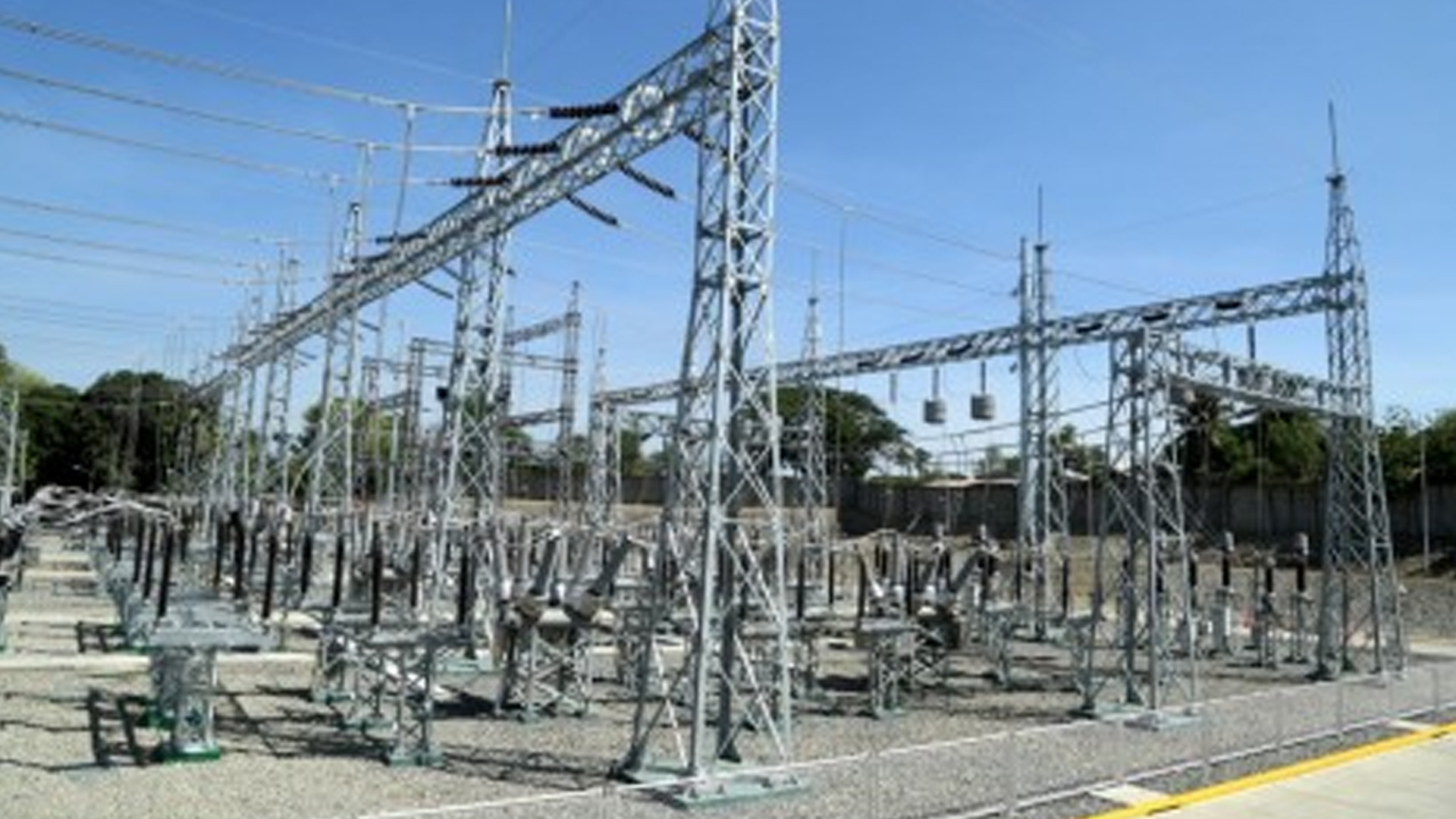The Philippine Chamber of Commerce and Industry (PCCI) has urged the government to consider power subsidy as a key policy to attract investments into the country.
During its Power Summit 2024 in Makati City Wednesday, PCCI president Enunina Mangio said reliable energy supply and affordable power costs will make the Philippines more attractive to foreign investors.
“As we all know, the Philippines is at a critical juncture in its energy journey. The imminent depletion of the Malampaya natural gas fields, coupled with our growing population and economy and the transition away from coal, presents formidable challenges,” Mangio said.
“Our nation, which already contends with some of the highest electricity rates in Asia, must navigate these waters with precision and foresight,” she added.
PCCI chairman and director for energy and power George Barcelon said the Philippines has the highest electricity rate compared to neighboring countries at USD0.19 per kilowatt hour in 2023.
This is higher than Thailand’s USD0.125 per kWh, Indonesia’s USD0.089 per kWh, Vietnam’s USD0.076 per kWh, and Malaysia’s USD0.047 per kWh.
On the other hand, the country’s per capita electricity consumption is lowest at 0.90 megawatt hour (MWh) versus Indonesia’s 1 MWh, Thailand’s 2.9 MWh, and Malaysia’s 5.1 MWh.
“As key indicators of industrialization, we have the lowest power demand and capacity level; the lowest per capita power consumption, and our power demand growth just basically tracks our population growth,” Barcelon said.
He said neighboring ASEAN countries with lower power costs have attracted higher foreign direct investments (FDIs).
In 2022, Indonesia was able to capture USD24.7 billion in FDIs, Vietnam with USD17.9 billion, Malaysia with USD14.73 billion, and Thailand with USD11.23 billion, while the Philippines attracted relatively lower FDIs at USD9.37 billion.
“One can always argue on the subsidy provided by the governments of these countries but we must also keep in mind that these subsidies are a form of investment to bring in investors and accelerate the growth of their economies. And they have begun achieving their goals,” Barcelon said.
He proposed to have an “urgent Executive Action” on power subsidy, whether in the form of incentives, adoption of uniform franchise tax for distribution utilities, or value added tax (VAT) zero rating on the sale of electricity to consumers.
“Again, a change in mindset where we consider ‘subsidy as investment and not as a cost with no payback’ [is needed],” Barcelon said.
Other proposals of the country’s largest business group for ‘Executive Actions’ include the designation of power sustainability, quality and reliability, and power cost as major components of the national strategy to achieve growth; a power supply deployment strategy; approval processes associated with building new power plants, power supply agreements and rate-setting mechanisms; management and technical capacity of electric cooperatives and distribution utilities; and creation of Regional Power Councils that will draft the Energy and Power Strategic Program on a per grid basis. (PNA)







